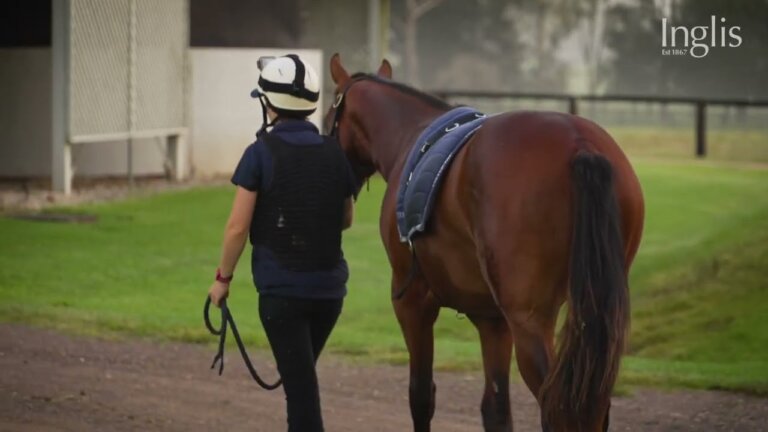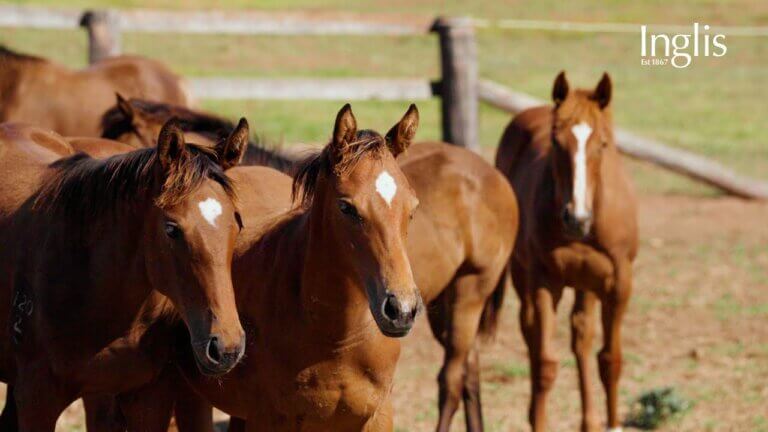Source: AgriFutures Australia
Abstract: Foal loss causes significant economic losses to the Australian thoroughbred industry. Chlamydia psittaci (C. psittaci) has been recognised as a pathogen causing late-term foetal loss in Australia. The objective of this project was to improve understanding of C. psittaci infections in pregnant mares and healthy newborn foals, as well as in foetal loss cases, and to determine reservoirs for this pathogen. The study demonstrated that C. psittaci foetal loss occurs yearly on a single or several farms as a single case or multiple cases. In all cases, the same C. psittaci ST24 strain was detected in high loads, a strain found in previous foetal loss cases and in parrots such as galahs, sulphur-crested cockatoos, rosellas and budgerigars across Australia. This strain poses risks to human health. The research showed healthy mares and foals can be infected with low levels of C. psittaci, however the impact of this lowlevel infection on equine health remains unknown. No specific risk factors were found for C. psittaci related to the pregnant mare. However, detection of this pathogen in both healthy animals and foetal loss cases was consistently higher in winter. A range of birds (parrots, ibis, ducks and others) found on farms can shed this pathogen, however parrots carry the strain involved in foetal loss. Farms should develop a protocol for suspected C. psittaci foetal loss, with C. psittaci included in foetal loss and/or foal disease laboratory diagnosis.







